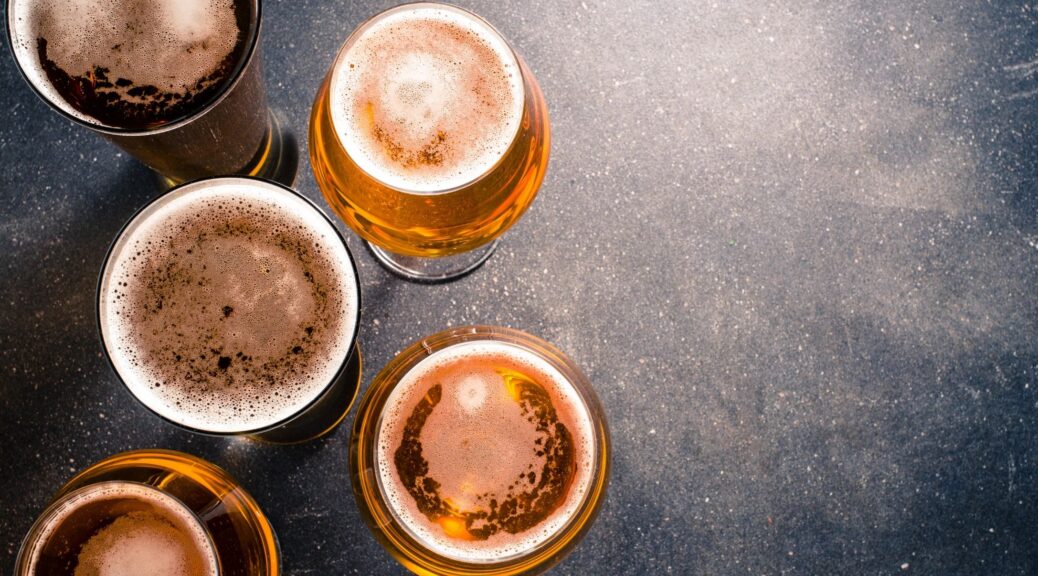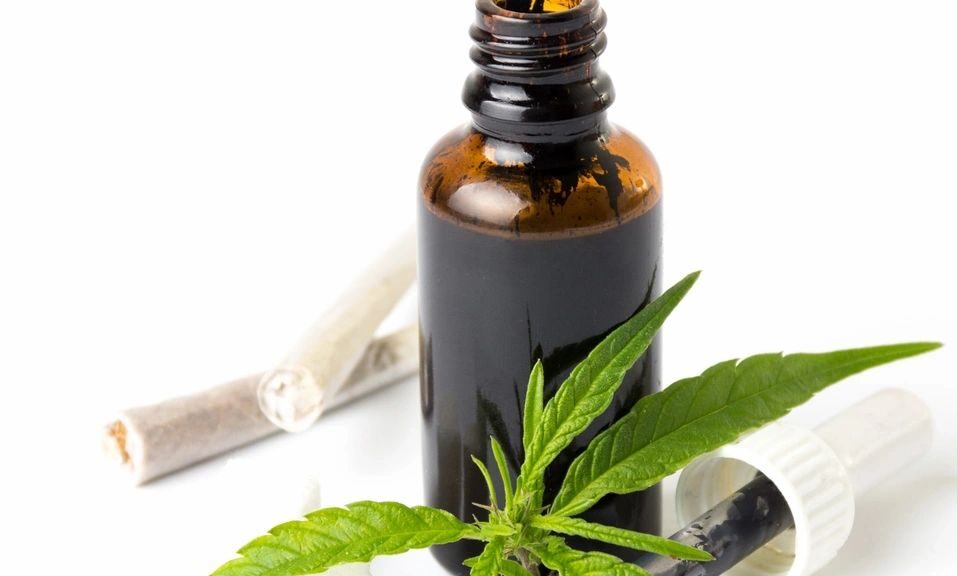Serving Alcohol to Obviously Intoxicated Patrons
Klein Buendel scientists and staff are co-authors on a new publication of research results with scientists from the Pacific Institute for Research and Evaluation (PIRE) in the Journal of Studies on Alcohol and Drugs (JSAD). The study, led by PIRE, examines alcohol over-service at bars, nightclubs, restaurants, etc. in California which is associated with driving while intoxicated, violence, and other problems.
Three hundred licensed bars, night clubs, restaurants, etc. were sampled in 2022 in nine counties representing the San Francisco Bay Area. Combination pseudo-patron and observer teams visited each on-premise establishment where the pseudo-patrons attempted to buy alcohol while displaying obvious signs of intoxication. The JSAD paper describes characteristics of the establishments, servers, pseudo-patrons, and time/date of purchase attempt that may be associated with the refusal of alcohol service.
In total, 21% of the establishments refused alcohol service to pseudo-patrons. Descriptive and regression analyses were conducted and are described in detail in the JSAD publication. According to the authors, “No establishment or server characteristics were significantly associated with service refusal in logistic regression analysis; nor were month, day, or time.” However, service refusal was significantly more likely for female pseudo-patrons and pseudo-patrons displaying obvious or very obvious signs of intoxication.
The authors assert that the study indicates that alcohol over-service to obviously intoxicated patrons remains common at licensed on-premises establishments. Mandatory responsible beverage service training of servers and enforcement of alcohol over-service laws was recently enacted in California, which may help to reduce over-service and its related problems.
This study is sponsored by a grant from the National Institute on Drug Abuse (AA028772; Dr. Robert Saltz, Principal Investigator, PIRE). Co-authors include Dr. Mallie Paschall and Dr. Sharon O’Hara from PIRE, and Dr. W. Gill Woodall, Dr. David Buller, and Ms. Lila Martinez from Klein Buendel.

